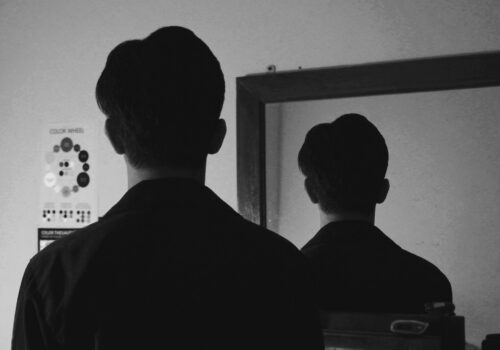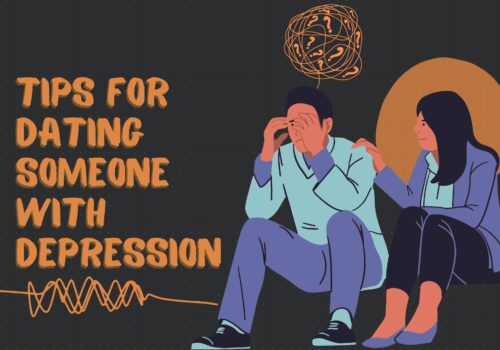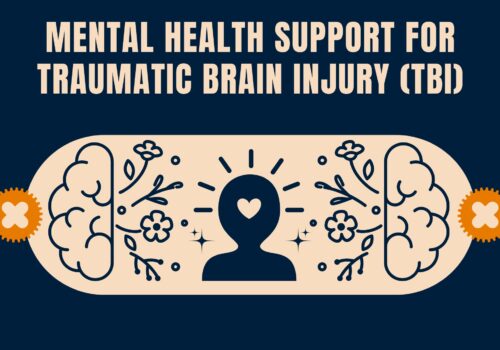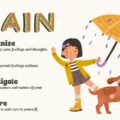Taking the first step toward recovery from drug addiction can be difficult, yet it is a brave decision. It represents a desire to break away from the cycle of substance misuse and recover one’s life. Although, what precisely happens inside a drug rehabilitation center? You can gain more insight as we demystify the process and dive deeper into what the journey could look like.
Structure and Support: A Haven for Healing
A rehabilitation center for drug addiction provides a controlled and supportive atmosphere that promotes healing and rehabilitation. By surrounding oneself with experts and peers on a similar journey, it can foster a well-rounded sense of community and understanding. Daily routines are formed to encourage good behaviors, provide consistency, and reduce the likelihood of relapse.
Detoxification: The First Step to a Clean Slate
This is the first and foremost stage of rehabilitation. The initial phase of the stay might involve detoxification, where the body rids itself of the remaining drugs in the system. This process can be physically and emotionally challenging, but medical professionals will be there to monitor the individual’s well-being and offer support. Medication may be used to manage withdrawal symptoms and ease discomfort.
Therapy: Uncovering the Roots of Addiction
Therapy is an essential component of every recovery program. Individual therapy sessions enable clients to investigate the root reasons of addiction. This may include prior traumas, emotional triggers, or mental health concerns that lead to substance misuse. Therapy can help people develop coping skills, increase resilience, and discover healthy ways to deal with stress and tough emotions.
Group Therapy: A Shared Journey of Finding Strength
Group therapy sessions enable recovered individuals to connect with others facing similar issues. Sharing one’s experiences and hardships generates a sense of belonging and mutual support. Listening to others can provide crucial insights and motivation on the road to recovery. Group therapy allows participants to learn from one other’s successes and failings, resulting in a network of support that might last beyond their stay at the clinic.
Education: Understanding Addiction and Relapse Prevention
Rehabilitation centers provide educational programs that teach individuals about addiction, its causes, and how to avoid relapse. Individuals will learn about the science underlying addiction, how it affects the brain, and the different tools and tactics available to help them stay sober.
Life Skills Development: Building a Foundation for Success
Addiction frequently disrupts and impairs many parts of life. Rehabilitation centers may include programs aimed at developing living skills. Budgeting and financial management, healthy communication skills, job search skills, and relapse prevention plans may all fall under this category. These programs can help people negotiate life’s obstacles independently once they return to their regular lives.
Holistic Healing: Addressing Mind, Body, and Spirit
Many rehabilitation centers understand the value of holistic therapy. Yoga, meditation, mindfulness activities, and physical fitness programs all be incorporated into the timetable. These techniques encourage relaxation, stress reduction, and increased physical health, all of which contribute to long-term rehabilitation.
Building a Support Network Beyond the Center
While a rehabilitation center for drug addiction provides a secure environment for early recuperation, a successful trip necessitates a continuing support network.
- Support Groups and Communities: Rehabilitation centers provide a crucial starting point, but a successful recovery journey requires a strong support network beyond discharge. Many centers offer resources to help build this network. This might include connecting you with established support groups. By building a strong network and developing essential life skills, you’ll be well-equipped to navigate challenges and maintain long-term recovery.
- Creating a tailored relapse prevention strategy: They often collaborate closely to establish a personalized relapse prevention plan. This strategy highlights possible triggers, problems, and coping techniques. It becomes a road plan for negotiating challenging situations in a healthy manner, lowering the likelihood of recurrence.
- Alumni programs and continuous support: Many people who are recovering find strength and inspiration by remaining in touch with others who have been through similar experiences. These programs allow participants to share their experiences, celebrate triumphs, and get ongoing support after discharge.
- Family education and support: Addiction may affect the entire family. Drug rehabilitation centers provide tools and instructional programs tailored exclusively for families. This enables parents to better understand addiction, provide support throughout recovery, and establish a healthy family environment that supports long-term well-being.
- Developing life skills for long-term success: Addiction may impair a variety of facets of life. Budgeting, job search skills, healthy communication, and stress management are among the topics covered in life skill development programs. Mastering these abilities promotes self-sufficiency, increases one’s capacity to manage problems autonomously, and contributes to general well-being.
Choosing the Right Rehabilitation Center for Drug Addiction
While the structure described above gives a fundamental foundation, it is critical to investigate and select a center that meets the individual’s needs and preferences.
Taking the First Step: Reaching Out for Help
Entering a rehabilitation center is a decision that can change one’s life. If you or your loved ones are struggling with drug addiction, know that there are many others sharing a similar path. Talk to a doctor, reach out to a trusted friend or family member, or contact a national helpline dedicated to addiction support. Remember, seeking help is a sign of strength, not weakness.
Things to Consider
- The length of time in a recovery center varies according to the severity of the addiction, individual development, and program structure. Some programs are only a few weeks long, while others last several months.
- Encouraging family engagement can help with healing. Some institutions include family therapy sessions or educational programs to help loved ones through the process.
- The cost of visiting a rehabilitation clinic varies substantially. Check with an insurance provider to understand your coverage possibilities and investigate alternative financial aid programs given by certain hospitals.
A rehabilitation center for drug addiction is an investment in one’s long-term health. While there will be hurdles along the way, the support, structure, and skills can help people overcome harmful behaviors and live satisfying lives. People with devotion and the correct support structure may achieve long-term sobriety and create a future full of hope and promise.
















